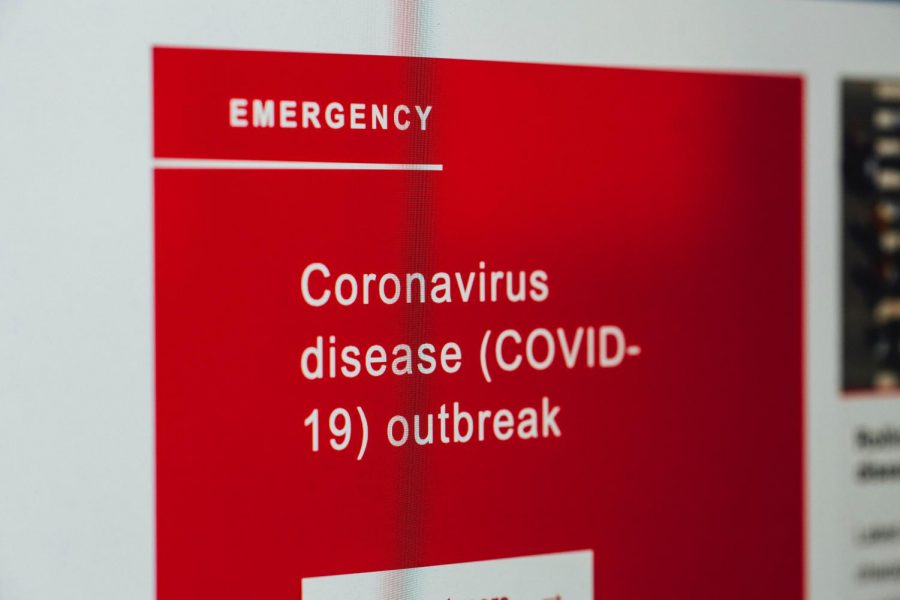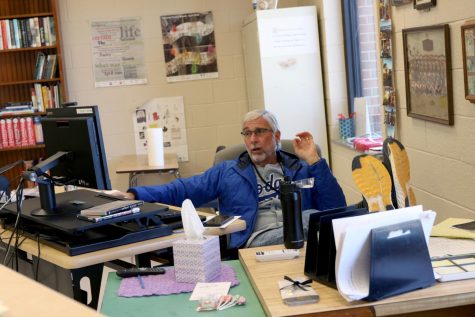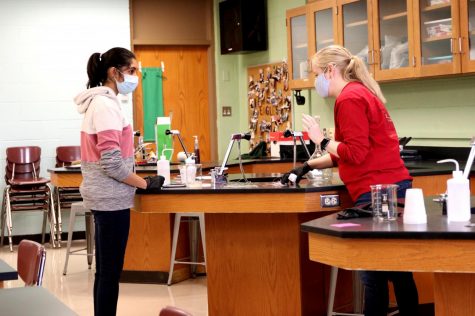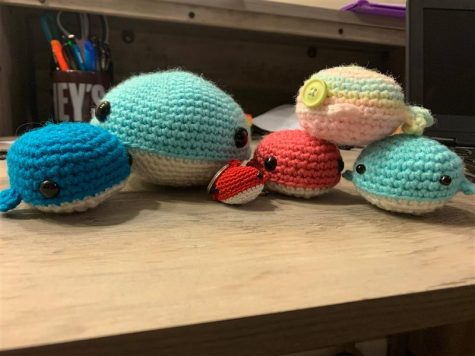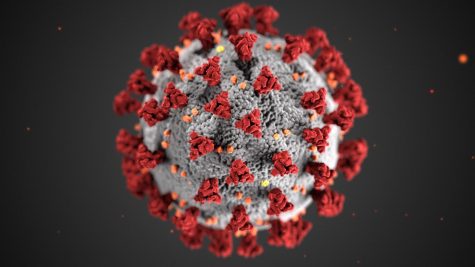Fact vs. Fiction: the truth and lies about Covid19
April 20, 2020
Information is passed from person to person, whether it be from friend to friend, politician to person, or parent to child. With the ongoing quarantine, everyone has heard different opinions, facts, rumors, and information about COVID-19. However, not everything we hear is true, even if the source comes from a Government official.
During this time, misinformation can be deadly. There are 80 deaths and counting in Oklahoma as of April 10, and this number will continue to keep rising. The more misinformation that’s spread is the more the disease is spread, and the more the death toll rises. That’s why knowing what is true and what isn’t about COVID-19 is so important.
Not everything we read on the internet is true, and here are some of the most common COVID-19 myths currently going around.
“The virus only affects older people or immunocompromised people, so young people don’t have to be worried.”
When the virus first spread in Wuhan, China, many took note of the fact that it was typically immunocomproised or elderly people who were going to the hospital for severe cases, or dying of the disease. As the virus spreads globally however that misconception has been proven wrong. The CDC and European organizations are reporting how half of the intensive care patients have been people under the age of 65.
Young people need to self-quarantine and social distance just as much as the rest of the population, not only to avoid the virus but to also negate and help prevent the spread. Youth is not an invincibility shield, and can not only hurt individuals but the community as a whole.
“The virus will act like the flu and go away in the summer, so we can still have summer fun.”
COVID-19 is not the Flu virus, and treating it as such can lead to dangerous notions and allow for people to take the virus less seriously. COVID-19 has proven to battle even again the heat, raging in countries where it’s warmer or where it’s not flu season. Just because the two look simliar at first does not mean they act similar. The two are looking more and more different as time goes on.
The Flu vaccine cannot treat COVID-19, although people should still get the vaccine as the Flu is still going around. Both should be taken seriously, but both should also be noted for being different.
“Corona is a death sentence.” Or “Not that many people have died from COVID-19, it’s not that serious.”
Both statements are incorrect for various different reasons. COVID-19 should be taken seriously, as out of 1, 605, 371 cases, 95, 753 have died. On the other hand, 356, 952 have also recovered from the virus. COVID-19 is dangerous and should be taken seriously, but people shouldn’t go to the hospital unless their case is severe. Limited supplies and staff means limited treatment, and treatment and help should be reserved for those in critical condition. As many people have died in Oklahoma from COVID since the first confirmed case on March 7 as have died from the flu this entire flu season as of April 10.
“I need to buy the highest quality mask to protect myself from the virus.”
As hospital supplies run low, those especially missing and gone are medical masks. Many people surged out and bought them, leaving medical staff unprotected against the virus. But the masks won’t help as long as people refuse to participate in social distancing. Medical grade masks need to be left to protect medical workers and ensure they can work properly.
The CDC has advised that the public wears cloth masks out in public though. This is not to protect individuals from the virus, but to mainly protect asymptomatic individuals from spreading the virus to others. Cloth masks work just as well as surgical masks, and can save a healthcare worker and help more people who need to go get hospitalization.
When looking up COVID-19 or talking to friends or family, always double check and get information from reliable sources. Double check who is saying what, and if everybody is disagreeing or agreeing. It can be a nuisance to have to double-check facts or keep looking things up, but spreading helpful information and keeping people informed can help save lives.
Wash your hands, don’t hoard toilet paper and use common sense. We can survive COVID-19. We’ve been through hard situations before. We just have to keep moving, and learning, one day at a time.

